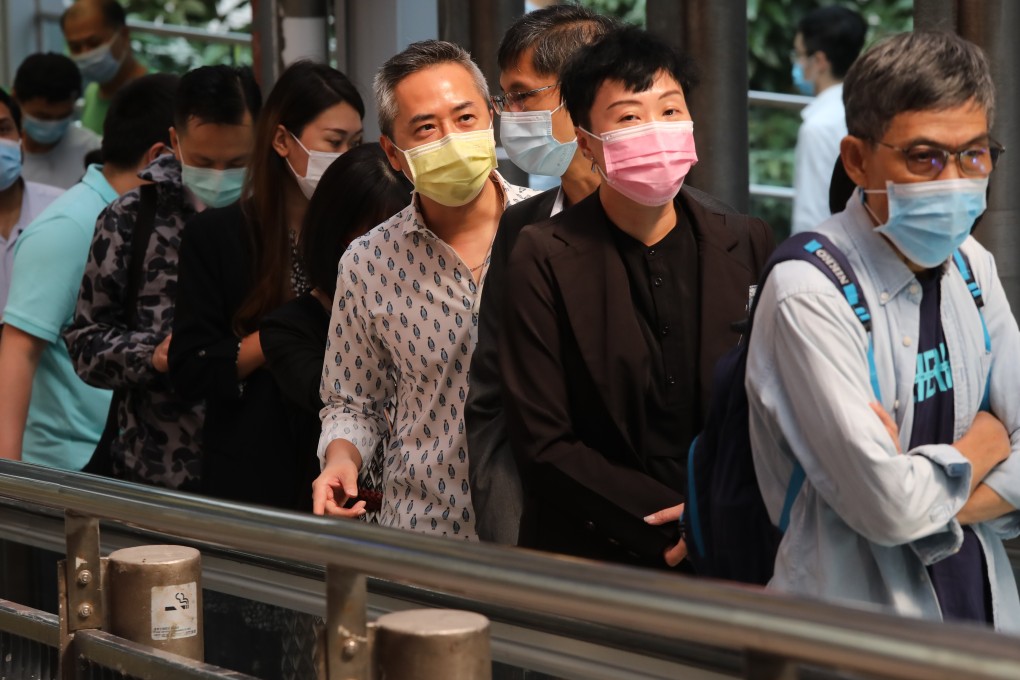Editorial | We must all soldier on together if coronavirus battle is to be won
- Amid fears of a fourth Covid-19 wave, Hong Kong is once again tightening social-distancing rules that need to be followed at such a critical time

Raising our defences is the least the government can do amid fears of a fourth wave of Covid-19 outbreaks. The latest move saw the city’s restaurants and bars scaled back to four and two people per table respectively, along with mandatory tests for high-risk groups and a mobile phone app for voluntary use to track movement and transmissions.
Staycations are also facing more stringent restrictions. Important as they are, the measures cannot win broad support without injecting a dose of hope in achieving “zero infections” in the near future. Months of pandemic fatigue have made invigorating the public to soldier on as challenging as fighting the virus itself.
The eight new cases yesterday, all with travel history, may have given some respite to a string of untraceable local infections. But there is no disputing that we are on the verge of a wider outbreak soon after the easing of social-distancing measures a few weeks ago.
The rationale behind the tightening of business hours and seating for the catering industry may seem unconvincing to many who put business and dining above public health. But if the experience in the second and third waves is any guide, such restrictions do seem to help reduce the spread.

03:42
Coronavirus: How did Taiwan keep local Covid-19 transmissions to zero for over 200 days?
The rule enabling the government and doctors to mandate virus tests has been seen by some as going too far. The community test conducted in September was just a voluntary move, but the lack of majority participation also gave rise to concerns that there could still be chains of transmission out there.
Separately, the non-compulsory tests for targeted groups, such as domestic helpers and taxi drivers, were also snubbed by many. Given public health is at stake, mandatory tests for those genuinely at high risk may be justified.
